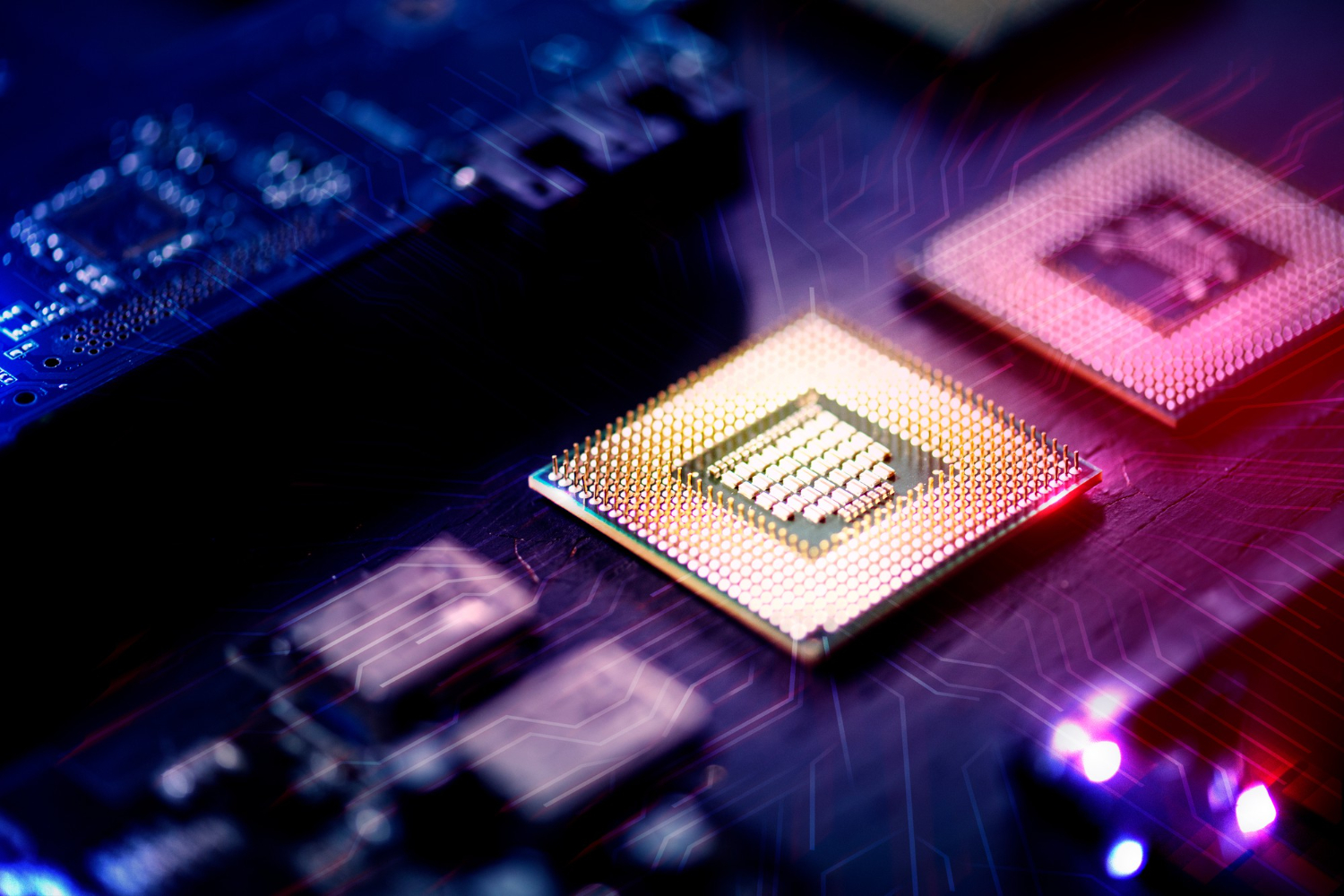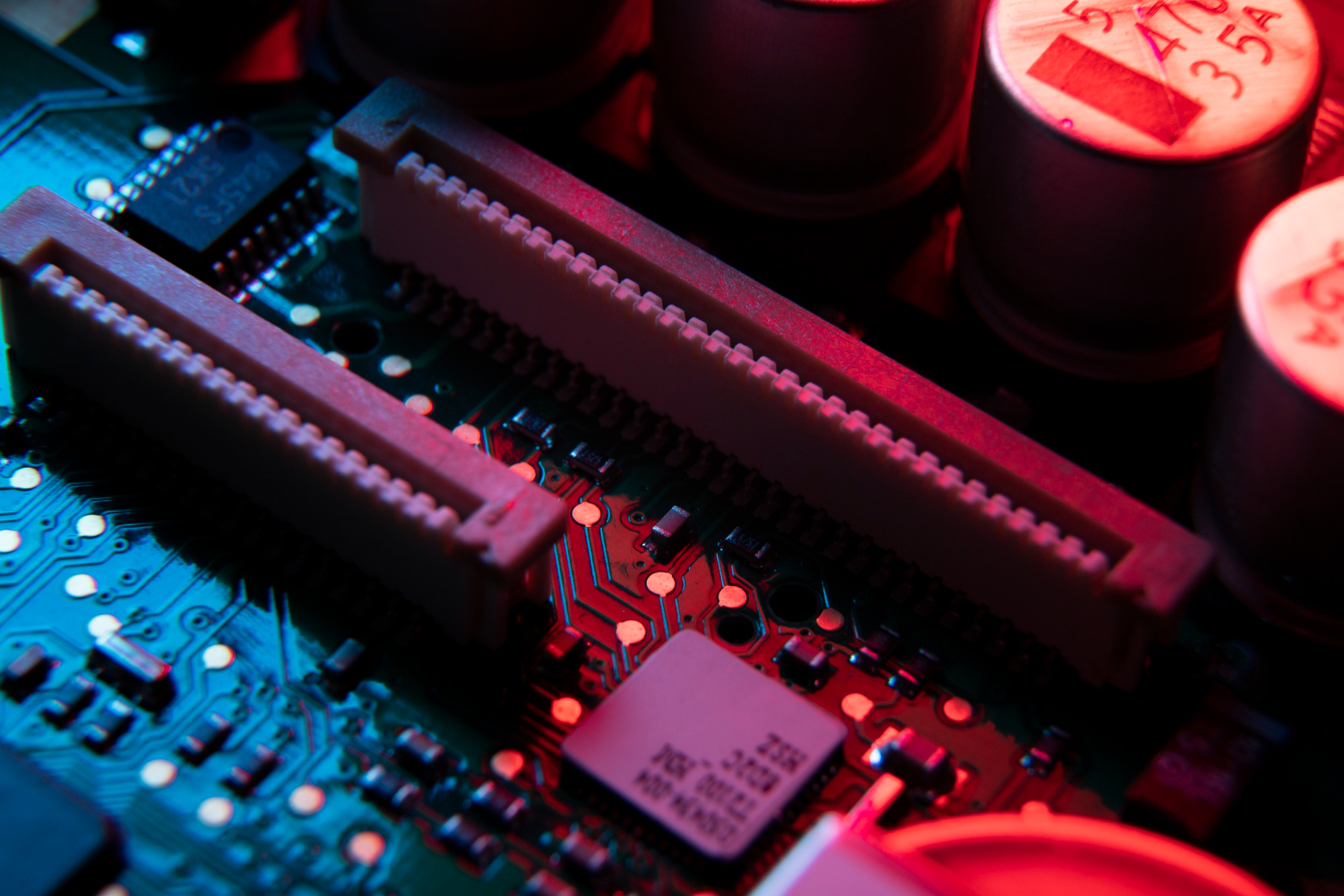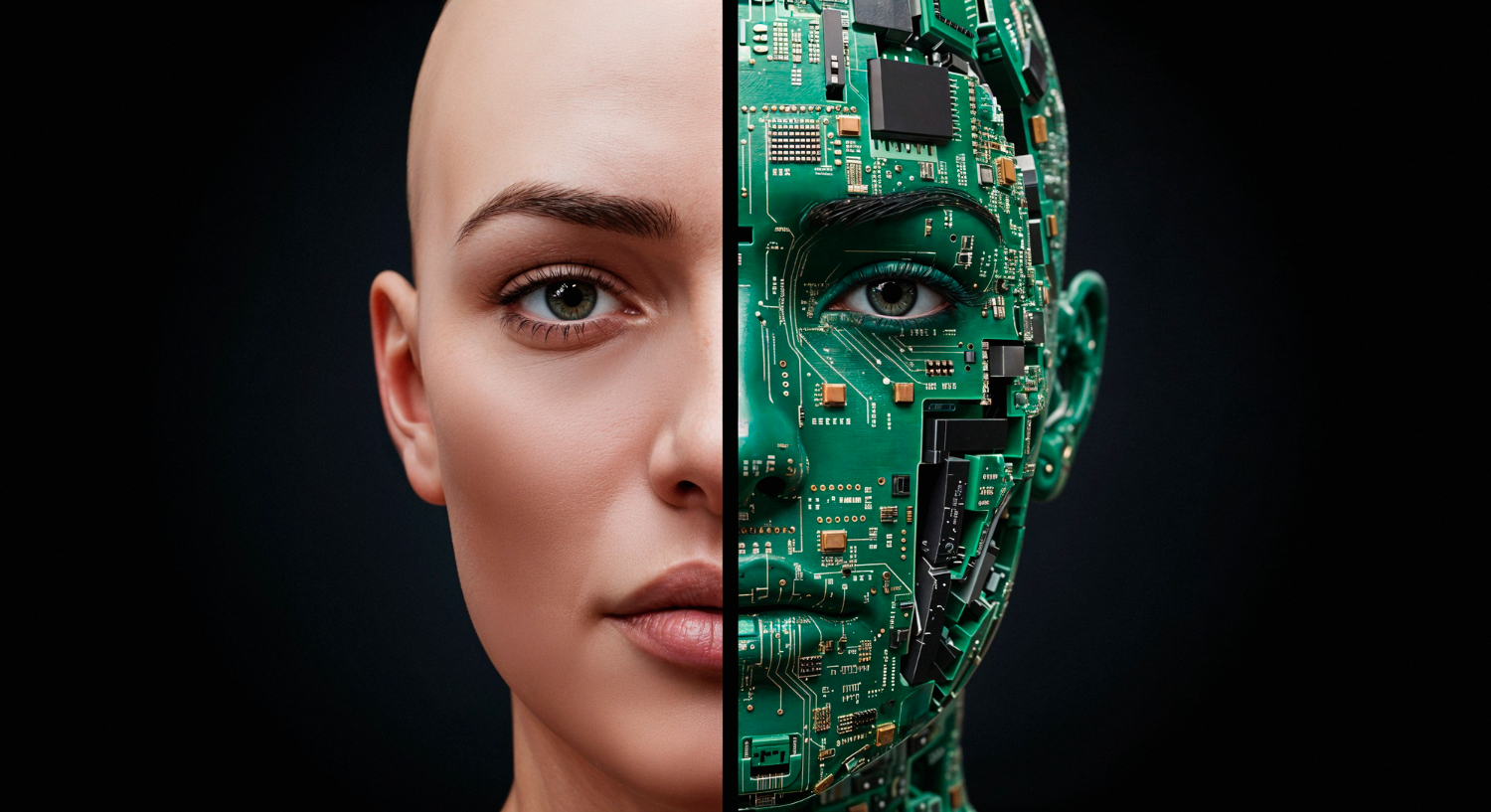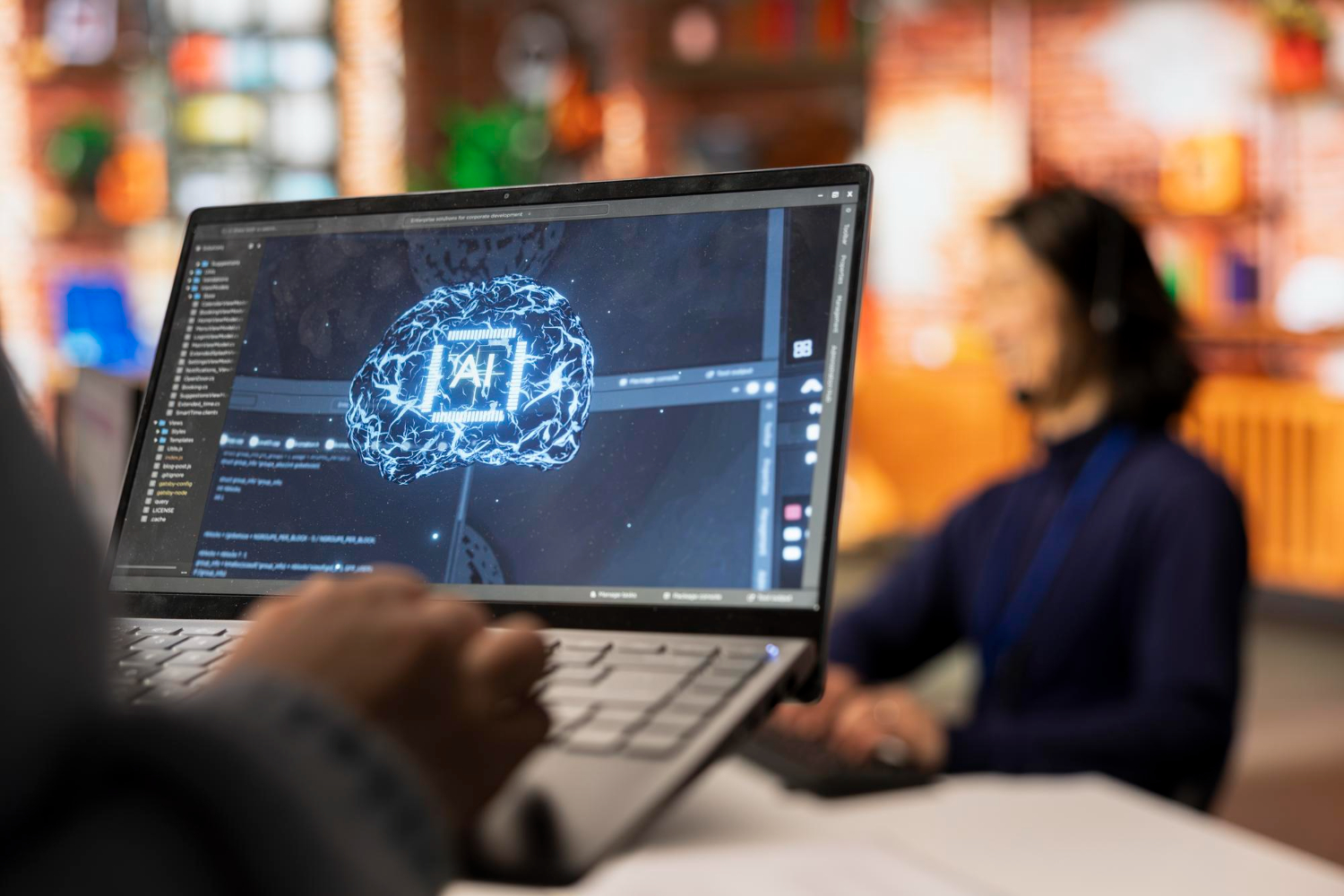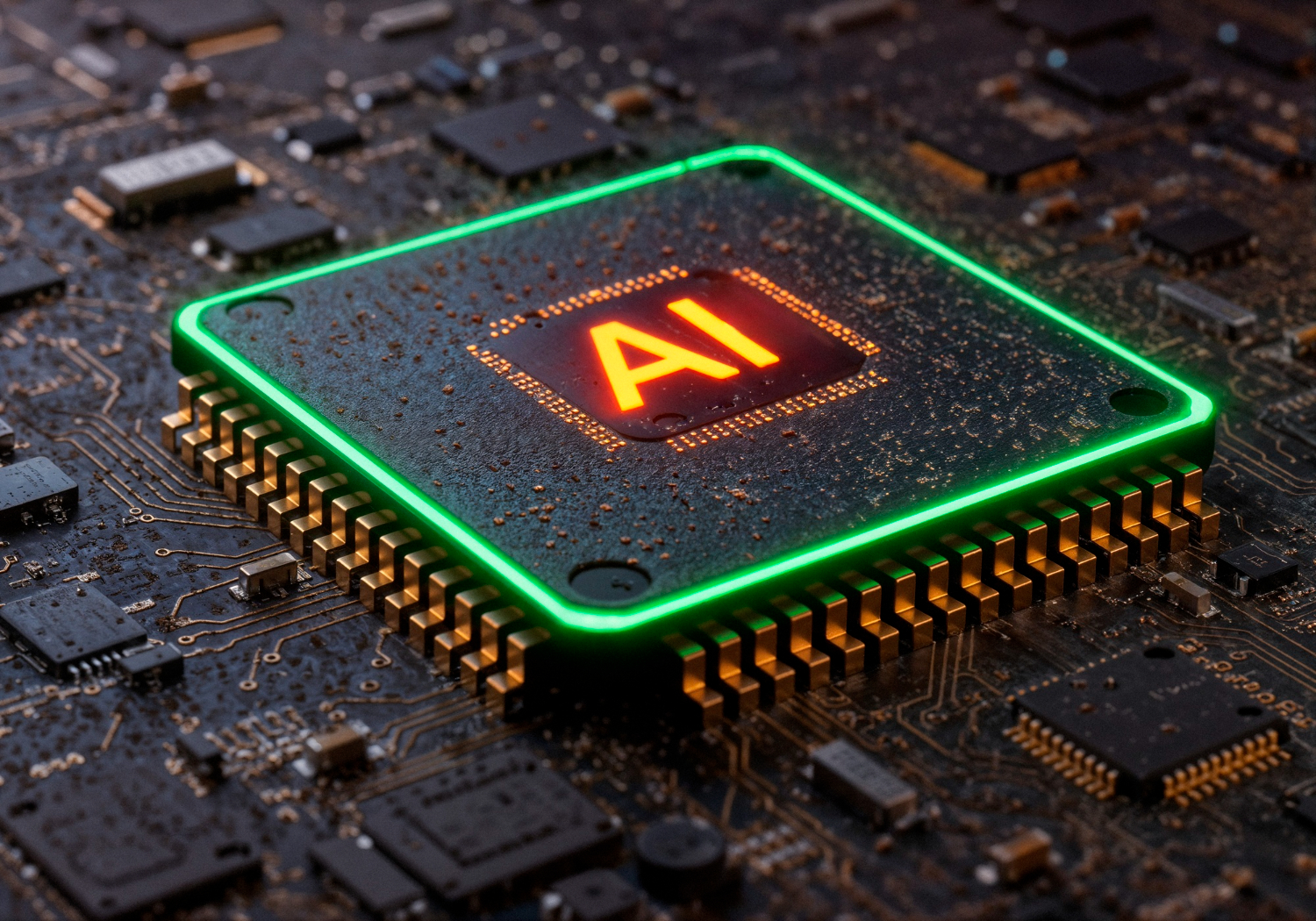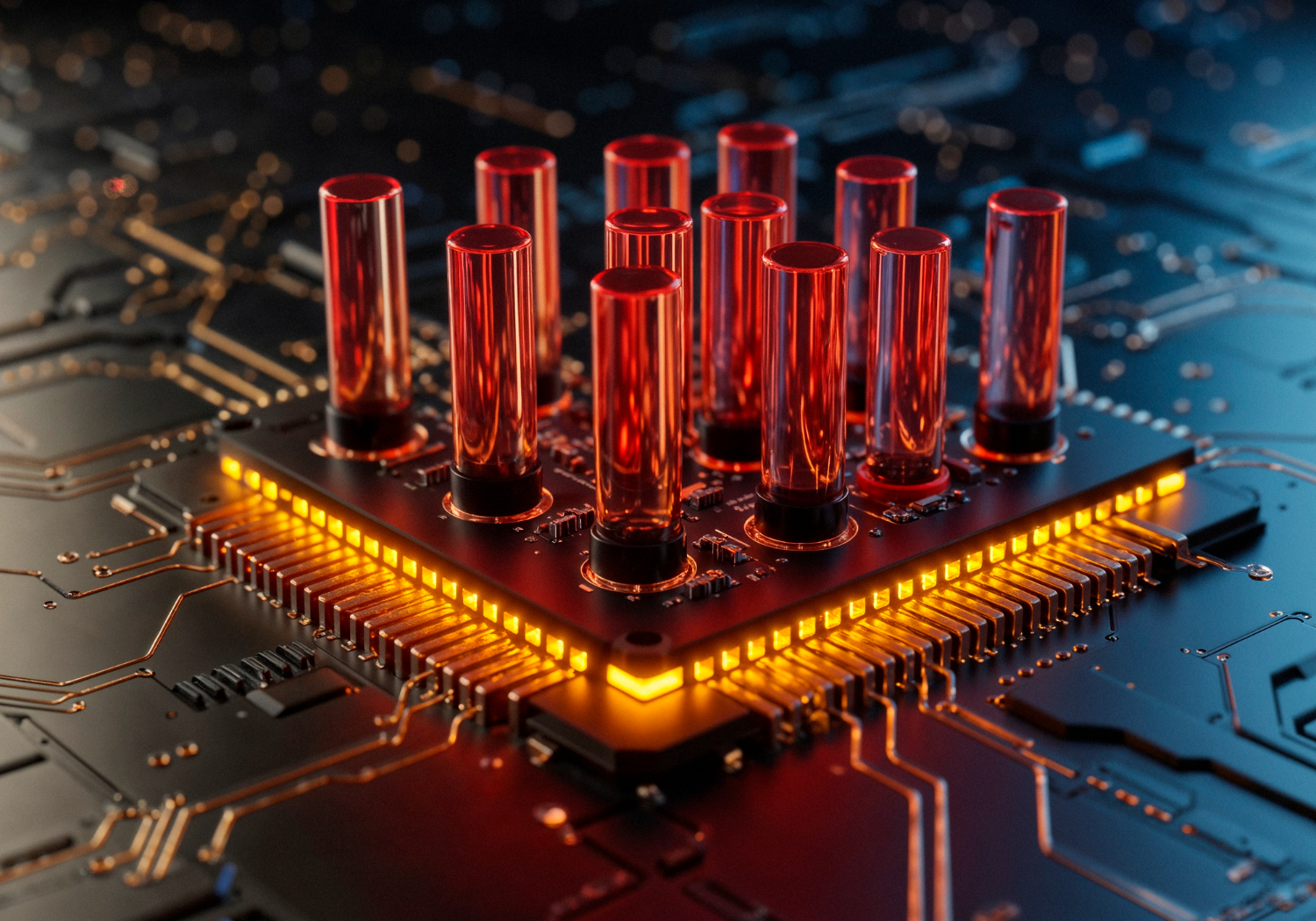Introduction
Generative AI is reshaping modern marketing. It helps create text and images at scale. It refines marketing strategies for any product or service.
This technology brings speed and precision to campaigns. It reaches potential customers more effectively.
1. What Is Generative AI?
Generative AI refers to machine learning models that can produce new content. These models learn patterns from large data sets. They include large language models (LLMs) for text and image generator systems for visuals.
Generative AI tools use natural language processing to craft copy. They use neural nets to design images. Together, they form a generative ai model ecosystem.
Read more: Generative AI Models: How They Work and Why They Matter
2. Text-Based Content Creation
Writing content is key in marketing efforts. Generative AI can draft blog posts, emails, and social media updates.
A text-based model produces headlines, product descriptions, and ad copy. It tailors tone to match brand voice. This saves time and ensures consistency across channels.
Marketers can feed product specs into the model. The AI then spins them into engaging copy. This process supports rapid promotion and includes new launches, discounts, and event announcements. The result is more content with less manual effort.
3. Image Generation for Promotion
Visuals matter in marketing. An image generator powered by generative AI can create banners, ads, and product shots. It uses models trained on vast image libraries. This allows brands to generate fresh visuals that fit their style guide.
For instance, a clothing retailer might ask for photos of models wearing a new line in urban settings. The AI produces high-quality images in minutes. This accelerates campaign roll-out and cuts photography costs.
Read more: Control Image Generation with Stable Diffusion
4. Social Media and Real-Time Engagement
Social media thrives on fast, engaging posts. Generative AI tools schedule posts at optimal times. They analyse engagement data and suggest hashtags. They even draft replies to comments and messages, thanks to natural language processing.
AI agents can monitor brand mentions and join conversations. This real-time video and chat support boosts brand presence. It also converts followers into customers through timely responses.
5. Personalised Marketing Strategies
Customers expect personal touches. Generative AI can segment audiences and craft tailored messages. It uses machine learning models to evaluate past interactions. From that, it proposes individual offers or content.
A retailer might send each customer a unique email with recommended products and services. This level of personalisation raises open rates and drives sales. It also improves customer loyalty by showing that the brand knows its audience.
6. SEO and Search Engines
Good SEO raises visibility on search engines. Generative AI models analyse keyword trends and suggest topics. They can rewrite existing content to target new search terms.
AI also audits websites for missing meta tags or unreadable copy. It then produces revised text that meets SEO best practices. This keeps content fresh and helps it rank higher. More traffic means more leads and a stronger bottom line.
7. Advanced Techniques: RAG and LLMs
Retrieval augmented generation (RAG) combines a knowledge base with generative AI. The model retrieves relevant facts and weaves them into new text. This ensures accuracy when promoting products and services.
Large languages models (LLMs) offer nuance. They handle complex queries, draft white papers, or create FAQs. These models learn from billions of parameters. They provide depth that basic templates cannot match.
Read more: Retrieval Augmented Generation (RAG): Examples and Guidance
8. Measuring Impact on the Bottom Line
All marketing strategies seek ROI. Generative AI drives efficiency by cutting content production time and cost. Marketers can track key metrics: engagement, click-throughs, and conversions.
By comparing campaigns with and without AI support, teams see clear lifts in performance. Generative AI often reduces time-to-market by up to 50%. It also boosts engagement rates with fresher, more relevant content.
AI-Driven Campaigns
Generative AI makes A/B testing quicker. Teams can auto-generate multiple versions of ad copy. They test headlines and calls to action. This process helps find what drives clicks and conversions.
AI also helps refine social media campaigns. A model drafts posts for different platforms. It adjusts tone for X , Facebook, or LinkedIn.
Marketers then review and publish with minimal edits. This speeds up marketing efforts and keeps content fresh.
For email marketing, AI can segment lists and write subject lines. It tailors the message for each group. Open rates rise when emails speak directly to customer interests. AI platforms track responses and suggest follow-up content.
Read more: How Artificial Intelligence Transforms Social Media Today
Generative AI tools can also create chatbots for product or service support. A bot answers common questions. It can book demos or direct leads to sales. This keeps potential customers engaged around the clock.
When planning promotions, AI can forecast demand and optimise budgets. It analyses past campaigns and seasonal trends. This data informs where to spend on ads. It ensures each pound of ad spend works hard.
Generative AI can design landing pages too. A model suggests layouts and headlines that match campaign goals. Marketers tweak these drafts and go live faster than before. This agility helps capture traffic driven by search engines or social media.
Video content is rising in popularity. AI can script short clips and even generate simple animations. Brands use these clips in stories or reels. This keeps audiences engaged and drives brand awareness.
In field marketing, AI assists in event promotion. It drafts invites and follow-up messages. It also helps plan on-site signage by generating visuals that fit brand guidelines.
Overall, generative AI transforms cutting-edge marketing. It boosts productivity and creativity. It supports every step—from drafting copy to designing images, scripting videos, and managing social media. Embrace these methods to stay ahead in a fast-paced market.
How TechnoLynx Can Help
At TechnoLynx, we tailor generative AI solutions for your marketing needs. We integrate custom AI solutions into your workflows, from text-based copywriting to dynamic image generation. Our experts set up LLMs and RAG systems to ensure accuracy and brand consistency.
We also train your team to manage and refine AI-driven campaigns. Partner with TechnoLynx to transform your marketing strategies and improve your bottom line—faster and smarter.
Continue reading: Smart Marketing, Smarter Solutions: AI-Marketing & Use Cases
Image credits: Freepik







